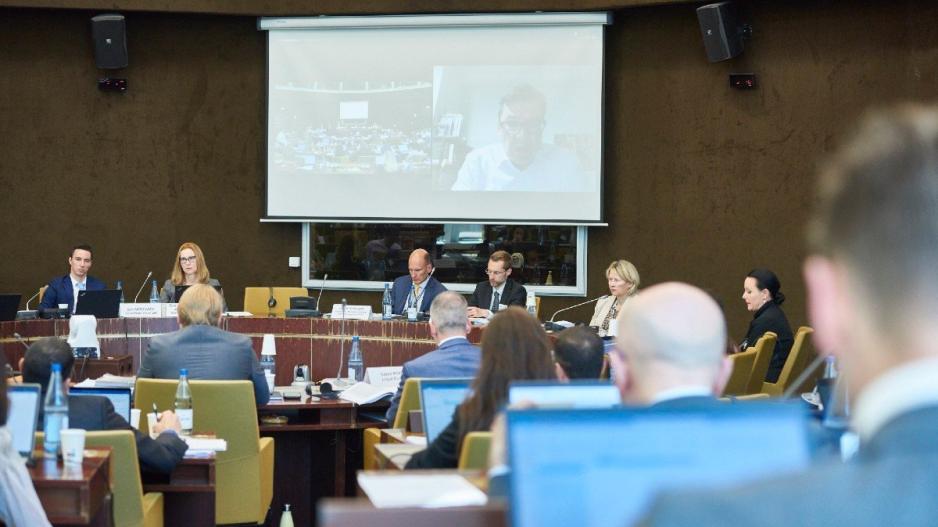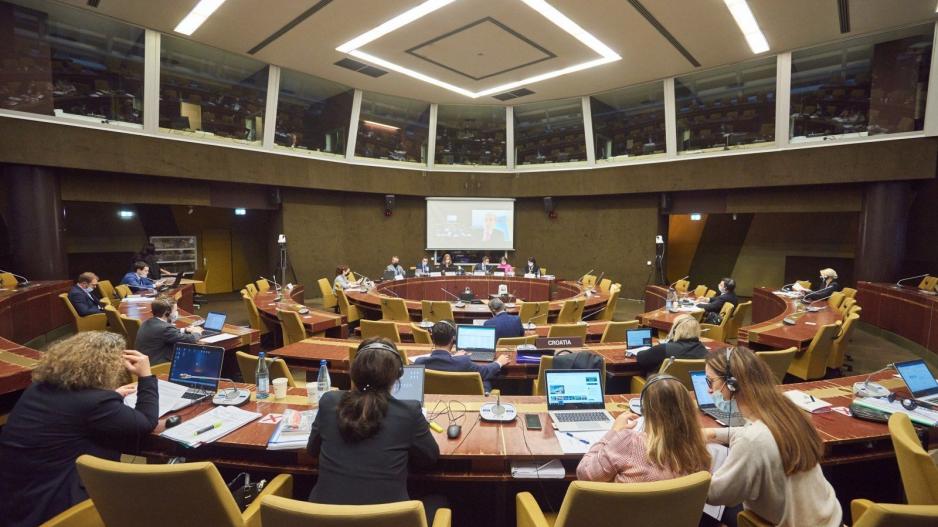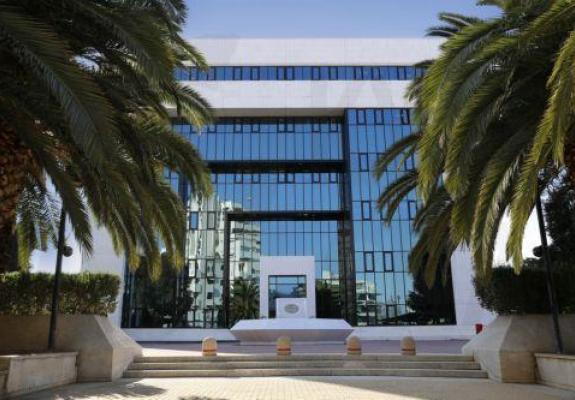MONEYVAL Report: Cyprus' Progress and Remaining Gaps in the Fight Against Money Laundering and Terrorism Financing
Cyprus has made significant progress in its fight against money laundering and terrorism financing, according to a recent evaluation conducted by MONEYVAL, the Council of Europe's anti-money laundering and counter-terrorist financing body.
The assessment focused on legislative, regulatory, and institutional measures, with specific attention given to compliance with FATF standards. While improvements have been observed, there are still some areas where Cyprus falls short, as outlined in the report published today, June 20.
Efforts to comply with FATF standards have yielded positive results, particularly concerning non-profit organizations, virtual asset services providers (VASPs), and the powers of investigative and law enforcement authorities. However, further actions are necessary to fully implement these measures.
In terms of terrorism financing risks in the non-profit sector, Cypriot authorities have taken steps to evaluate and strengthen oversight activities. However, these measures are yet to be fully implemented.
The implementation of the VASP regime in Cyprus has shown significant progress. Nonetheless, the evaluation identified the absence of a national action plan to address risks within the VASP sector. Moreover, technical deficiencies persist in implementing preventive measures, including the "travel rule," which mandates VASPs to share customer information during transactions.
Additionally, the evaluation highlighted moderate shortcomings in the investigative capabilities of Cypriot authorities. This includes the lack of powers to intercept communication content relevant to investigations of money laundering, terrorism financing, and associated predicate offenses.

MONEYVAL's annual report for 2022 emphasizes the insufficient recovery of proceeds from crime across states and calls on governments to enhance their efforts in strengthening national frameworks for asset management and recovery.
Successful confiscations of criminal assets are relatively rare compared to the estimated proceeds of crime, indicating the need for not only freezing but also seizing and confiscating illicit funds. To achieve this, empowering and adequately resourcing criminal asset recovery and management offices is crucial.
MONEYVAL Chair, Elżbieta Frankow-Jaśkiewicz, emphasized the importance of improving results in identifying, freezing, and confiscating criminal funds, implementing stricter sanctions, and increasing the number of convictions for serious money laundering offenses.
Moreover, MONEYVAL's annual report evaluates compliance with international standards and developments in legal and institutional frameworks to combat money laundering and terrorism financing in the 33 states and territories under its monitoring. As of December 31, 2022, 21 out of 26 evaluated states and territories were subject to MONEYVAL's enhanced follow-up procedure due to their limited compliance with AML/CFT standards. The remaining countries are subject to regular follow-up procedures.
Since 1997, MONEYVAL's primary objective is to ensure that its member states establish effective systems to combat money laundering and terrorist financing while adhering to international standards. To accomplish this, MONEYVAL undertakes various responsibilities and tasks. These include evaluating member states' compliance with international standards through peer reviews, providing recommendations to enhance domestic regimes and international cooperation, conducting research on money laundering and terrorist financing methods, raising awareness of global initiatives, proposing recommendations for adoption by the Committee of Ministers, and actively collaborating with other international partners like FATF, IMF, and the United Nations in the global fight against money laundering and terrorist financing.






